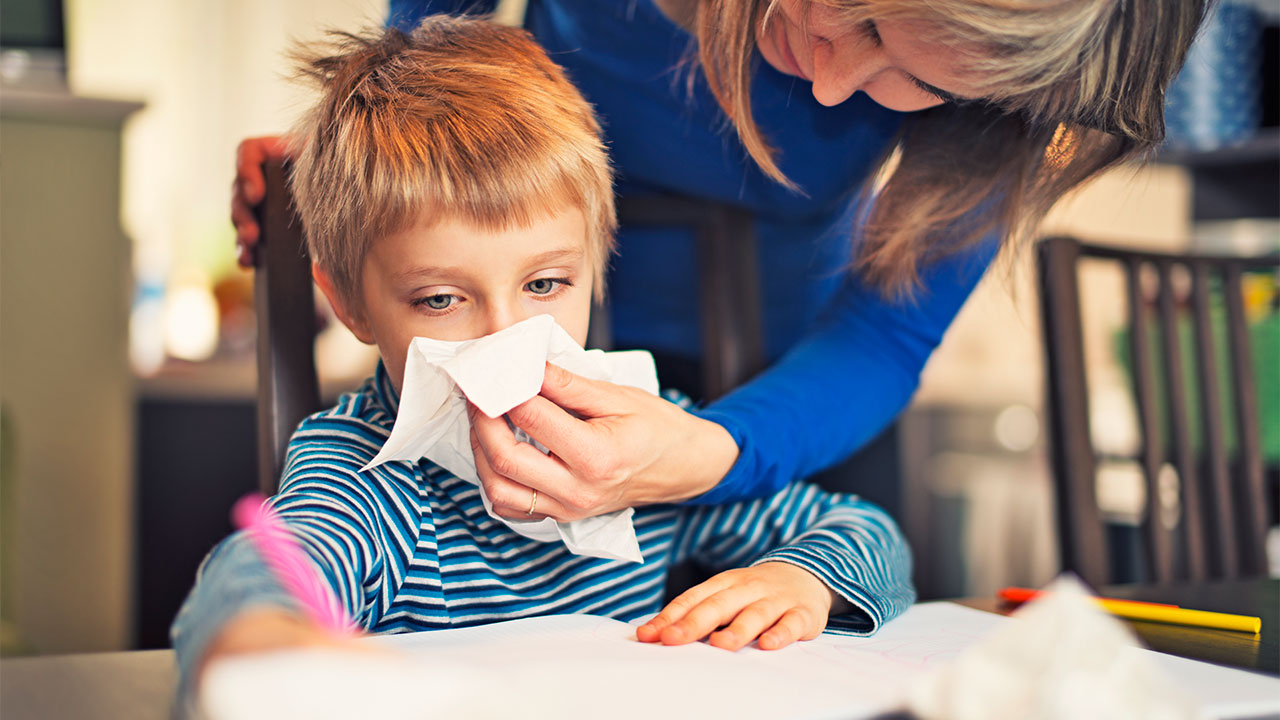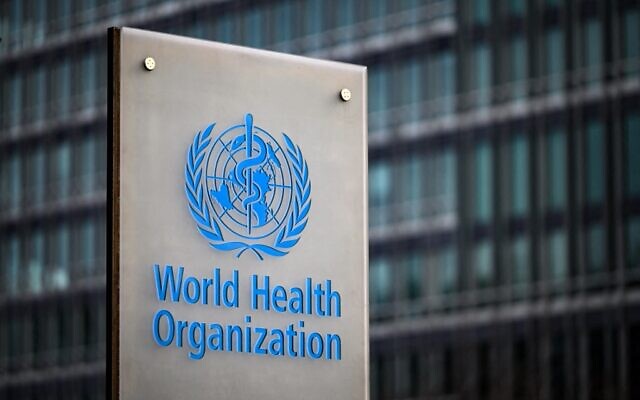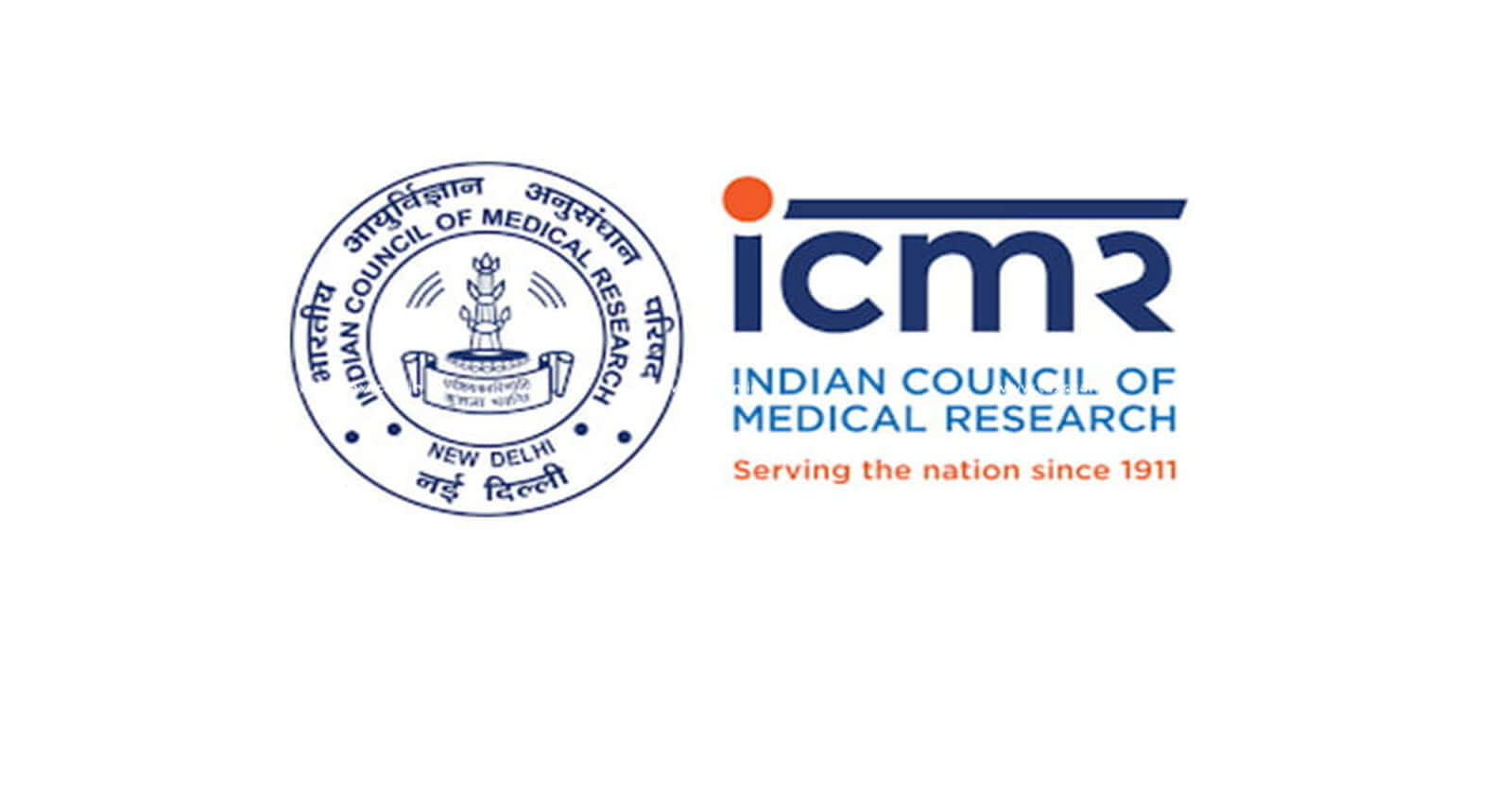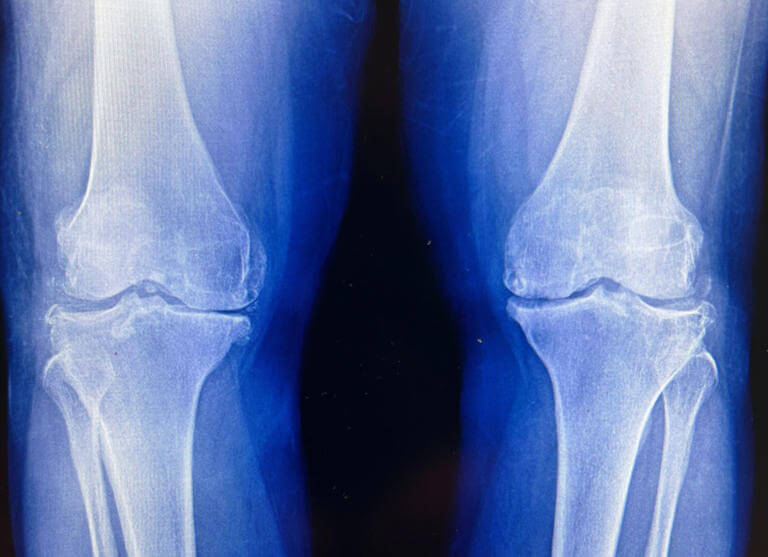Here is why kids suffer from respiratory infections in winter season
Sun 10 Dec 2023, 00:35:31

Winter, while often associated with festive celebrations, also sees a surge in infectious diseases. The chilly season is marked by an upswing in respiratory illnesses including the common cold, flu, and acute bronchitis in the children. And children can even suffer from pneumonia. It is essential to take timely treatment to improve the quality of life of children.
“During the winter, children can be impacted by a myriad of respiratory illnesses. Bronchiolitis holds a prominent place. Mostly affecting infants and toddlers, it is an illness involving inflammation of small airways in the lungs that is bronchioles caused by respiratory syncytial virus (RSV). This virus spreads via droplets from a cough or sneeze and initiates symptoms like runny nose, fever, and wheezing. We are also seeing cases because of Adenovirus and Influenza group of viruses. Another noteworthy winter-related respiratory illness in children is Pneumonia which is an infection inflaming one or both lung air sacs with fluid or pus leading to serious breathing difficulty. It could be bacteria, viruses, or fungi that bring about this condition but during winter increased indoor activity can facilitate its spread within families causing more severe pneumonia in kids than adults. Similarly, asthmatic flare-ups instigated by cold weather can make one’s breathing difficult,” said Dr Tushar Parikh, Senior Consultant Pediatrician and Neonatologist at Motherhood
Hospitals Pune.
Hospitals Pune.
Dr Parikh added, “Other common indicators include a runny or stuffy nose, sore throat, and a hoarse voice. Some patients may also experience loss of taste or smell, tiredness or lethargy, breathing difficulties, diarrhoea, nausea, or vomiting as initial signs of these diseases. Children commonly present with high fever, cold/ cough, change of voice and sometimes with breathing difficulty. Commonly children during the first 5 years are affected. Air pollution seems to be badly increasing these symptoms in children.”
These are foolproof measures that children should follow. “Cleanse hands with soap and water before eating. Teach children to cover their mouths while coughing and sneezing. Those showing symptoms of illnesses should be isolated at home until they are no longer contagious. When caring for these children, it's crucial to use appropriate personal protective equipment such as gloves and masks, and safely discard any used items. A child should remain in isolation until they are no longer contagious. Proper vaccinations for children to avoid seasonal sicknesses can do the trick. The Pneumonia Vaccine and the annual flu vaccine should be taken without fail. Children should avoid crowded places and being around sick people, maintain a safe distance from others, wear a mask, stay hydrated, take medication as suggested by the doctor, and eat a nutritious diet,” concluded Dr Parikh.
No Comments For This Post, Be first to write a Comment.
Most viewed from Health
AIMIM News
Latest Urdu News
Most Viewed
May 26, 2020
Can Lionel Messi's visit boost Indian football?
Latest Videos View All
Like Us
Home
About Us
Advertise With Us
All Polls
Epaper Archives
Privacy Policy
Contact Us
Download Etemaad App
© 2026 Etemaad Daily News, All Rights Reserved.

























.jpg)
.jpg)
.jpg)


